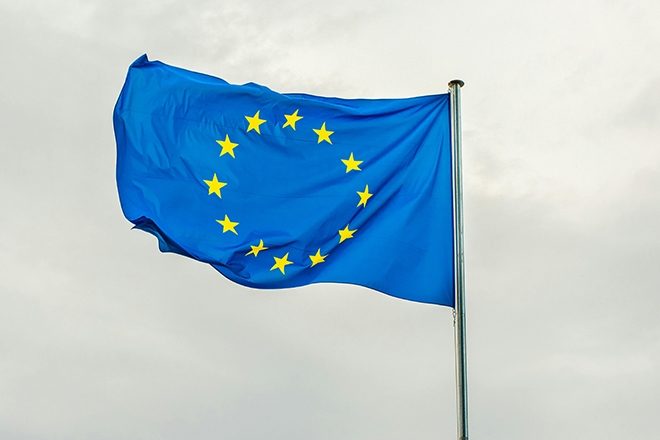EU vote demands fairer pay for musicians from streaming platforms
The vote addresses the need for regulation in the streaming sector and seeks to provide more transparency about visibility for artists

Members of the European Parliament (MEPs) have voted to implement a new legal framework to ensure streaming platforms to pay musicians more fairly.
The vote took place on January 17, with an overwhelming majority supporting the decision (532 votes to 61 and 33 abstentions). It addresses the need for regulation in the streaming sector and seeks to provide more transparency about compensation and visibility for artists.
Presently, the EU has no specific laws or regulations that apply to the streaming industry, despite the widespread use of streaming platforms for music consumption.
Streaming now accounts for 67% of the music sector’s global revenue, with an annual revenue of $22.6 billion USD, while a recent report in the UK indicated digital streaming accounts for more than 85% of music consumption.
Read this next: Spotify announce CFO, who cashed out $9.3 million in shares a day after mass layoffs, is leaving the company
According to the European Parliament's news bulletin, MEPs found three main issues with the industry: unfair revenue distribution, an imbalance of visibility between popular and emerging artists, and a lack of regulation surrounding AI.
Revenue was shown to predominantly favour major labels and a select few major artists, with MEPs pointing to the lack of representation for less common styles and languages.
Concerns raised by MEPs also related to alogirthmic payola schemes, where artists are made to accept lower revenues or no pay at all in exchange for more visilbilty on streaming platforms, and transparceny about the use of AI in music creation and issues relating to copyright and consent (such as deepfakes).
Read this next: Spotify will reportedly start paying less royalties to less popular artists
The proposed legal framework aims to target these issues by reforming current royalty rates to improve artists' pay. It also includes measures such as quotas to boost the visibility of European work and requests transparency around the use of AI to prevent unfair practices.
Spanish MEP Ibán García del Blanco said: “The Parliament is giving voice to the concerns of European creators, who are at the heart of the music streaming market. Cultural diversity and ensuring that authors are credited and fairly paid has always been our priority; this is why we ask for rules that ensure algorithms and recommendation tools used by music streaming services are transparent as well as in their use of AI tools, placing European authors at the centre.”
Though the framework is non-legislative and non-binding, it signifies an appeal to the European Commission to implement regulation for streaming platforms and ensuring music streaming is a more fair and diverse sector.
Belle Richardson is Mixmag's Digital Intern, follow her on Twitter

Mixmag will use the information you provide to send you the Mixmag newsletter using Mailchimp as our marketing platform. You can change your mind at any time by clicking the unsubscribe link in the footer of any email you receive from us. By clicking sign me up you agree that we may process your information in accordance with our privacy policy. Learn more about Mailchimp's privacy practices here.


